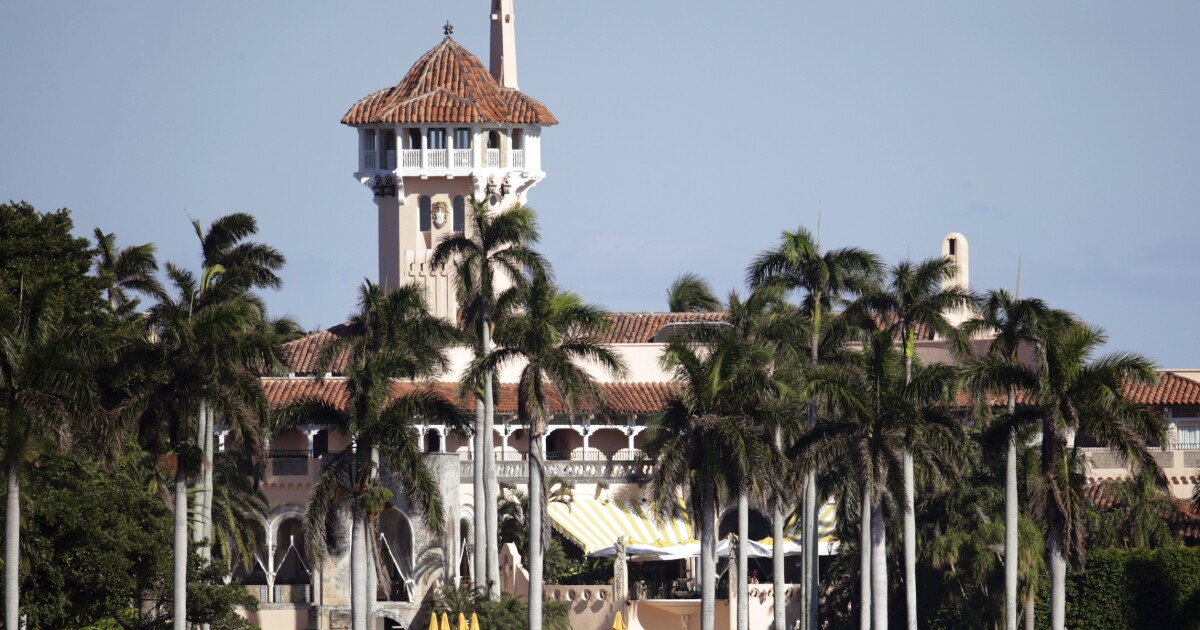

An author who helped write one of former President Donald Trump’s book decades ago theorized that the reason he may have taken documents from the White House was to sell them for profit.
Charles Leerhsen, a ghostwriter who got contributing credit on the cover of Trump’s book Trump: Surviving at the Top, alleged the former president may have taken the documents to market as “presidential memorabilia.”
PRESSURE BUILDS ON TRUMP AND BIDEN TO RELEASE MAR-A-LAGO SEARCH WARRANT
“As a former Trump ghostwriter (mea culpa, mea culpa, mea maxima culpa) I feel obligated to point out that Trump may have taken documents that he intended to sell as presidential memorabilia,” Leerhsen wrote on Facebook Monday night.
Leerhsen’s comments came hours after Trump said his Florida home, Mar-a-Lago, was raided by the FBI, claiming agents “broke into [his] safe” in a search for documents he may have taken from the White House.
Eric Trump, who was with his father in New York during the search, said they believed the raid was related to boxes of materials Trump brought back with him to his resort after leaving office, adding the former president had been collaborating with the National Archives and Records Administration in previous months.
CLICK HERE TO READ MORE FROM THE WASHINGTON EXAMINER
Eric Trump said his father typically saves documents and keeps extensive records of press clippings, pictures, notes from his children, letters from his ex-wife, and more.
Records kept at the resort were collected by the National Archives in January after the agency identified documents removed from the White House. The agency said its officials had obtained 15 boxes of records from Mar-a-Lago, including materials marked as classified national security information, that were not given to the National Archives, as is required by the Presidential Records Act.







